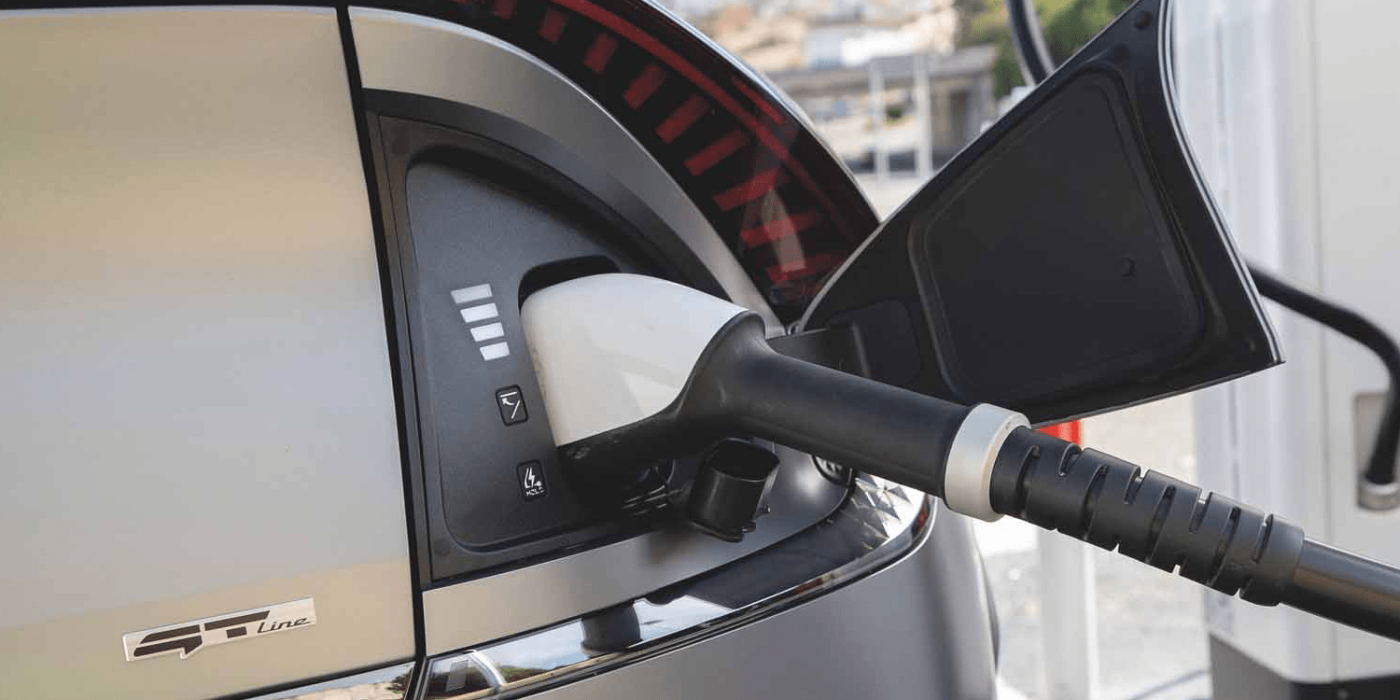Germany to revamp ‘environmental bonus’ subsidies
The German Federal Ministry for Economic Affairs and Climate Action (BMWK) has essentially confirmed the key points of new EV regulations for the environmental bonus from 2023. The new subsidy package will focus more on individual drivers, rather than company fleets, as well as include a reduction of the funds.
More concrete dates have been specified that were still unclear when the discussion began. For example, from January onwards, companies will also be eligible to apply, however, from 1 September 2023, only private individuals will be able to apply for the environmental bonus. An exception for small businesses and non-profit organisations is still being examined by the BMWK.
The reduction of the subsidy rate to 4,500 and 3,000 euros (up to 40,000 and 65,000 euros net list price, respectively) will take effect on 1 January 2023, focusing exclusively on purely electrically powered vehicles, namely BEVs and FCEVs (although there are currently no fuel cell cars for less than 40,000 euros net list price). From 1 January 2024, only BEVs and FCEVs up to a net list price of 45,000 euros will then be subsidised. For more expensive vehicles – and as of today all FCEVs available on the market – there will no longer be any subsidies in 2024.
According to the ministry, the date of the subsidy application, which requires registration, remains decisive – there is no change to the order date in view of the delivery times. The BMWK even speaks of planning certainty that now arises, “because the delivery times for most electric vehicle models are less than twelve months. Thus, battery electric vehicles that have already been ordered can usually still be subsidised, albeit at slightly reduced subsidy rates.”
As has been the case since the introduction of the innovation premium, the manufacturers’ share should continue to amount to 50 per cent of the total federal subsidy and be added to this when determining the total subsidy. The BMWK is in dialogue with the manufacturers on this, according to the statement. However, once the funds have been exhausted, the environmental bonus will end – and with it the manufacturer’s share.
The now agreed key points must now go through the usual procedure: The new version will be submitted to the EU Commission for examination under state aid law. After the green light from Brussels, the German government will launch the new version of the subsidy directive so that the regulations can come into force as planned on 1 January 2023.
In his statement, Federal Minister of Economics and Technology Robert Habeck (Green Party) refers to the increasing registration figures, which in his view justifies a reduction of the subsidy. “Electromobility has made the transition to the mass market: the 1 million target was reached in 2021 and this year we will already get close to two million. Electric vehicles are therefore becoming increasingly popular and will no longer need government subsidies in the foreseeable future,” he said. “But we need to make the transition and that is what we are doing with the redesign of the subsidy.”
So much for the part confirmed by the ministry. The important part for many customers – how big the subsidy pot actually is – is not stated by the BMWK in the press release. As mentioned above, the “Handelsblatt” had written about 2.5 billion euros. In a report by “tagesschau.de”, however, it says that according to government circles, a total of 3.4 billion euros are available – specifically 2.1 billion euros for 2023 and 1.3 billion euros for 2024.
bmwk.de, tagesschau.de (both in German)





0 Comments